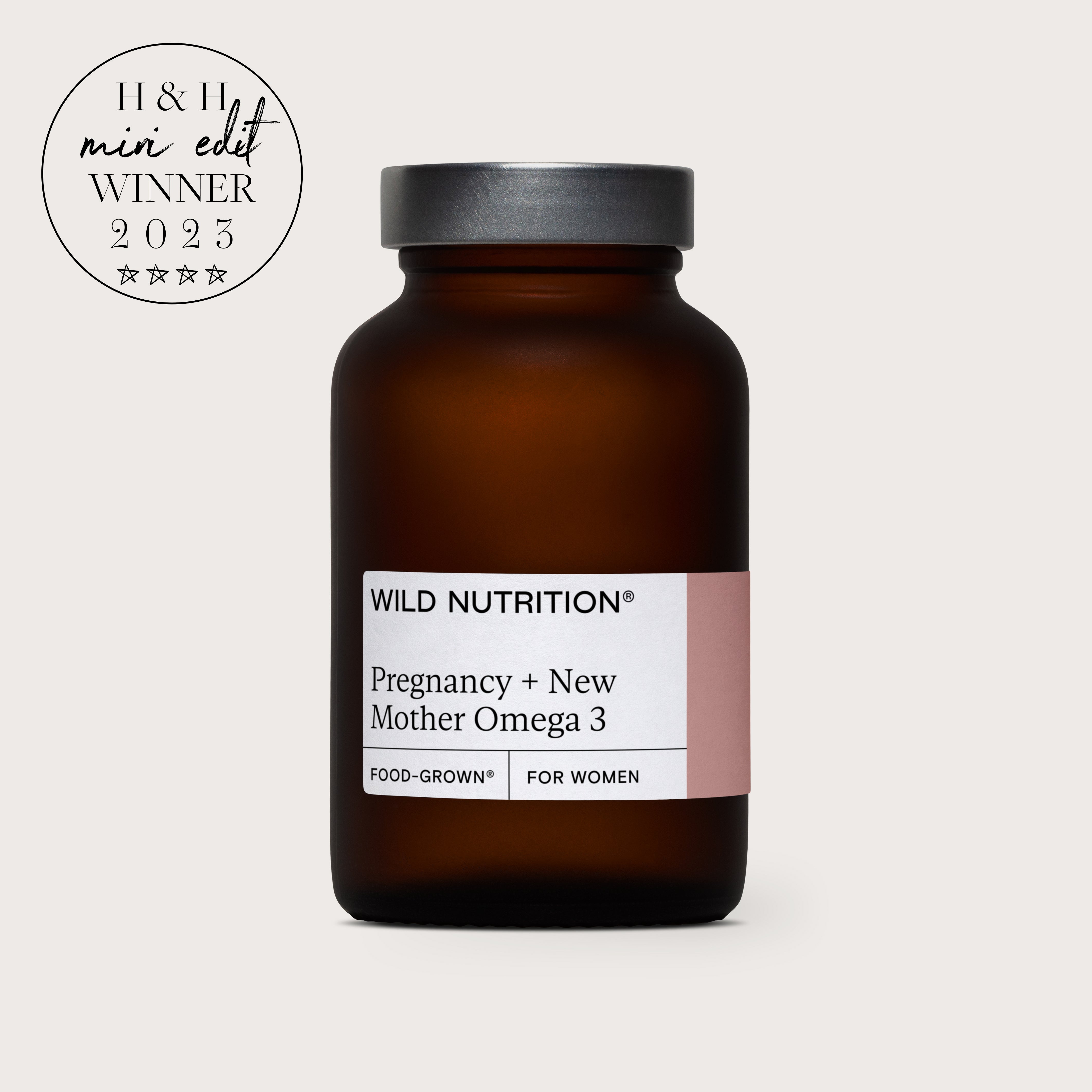
Is your strict candida diet making your symptoms worse?
Many of you will have come across information on candida albicans and candida diets claiming to eradicate this ‘invasive yeast-like fungi’. The common theme among most of these is the suggestion that candida can be eradicated by looking at sugar and carbohydrate consumption.
Many of you will have come across information on candida albicans and candida diets claiming to eradicate this ‘invasive yeast-like fungi’. The common theme among most of these is the suggestion that candida can be eradicated by looking at sugar and carbohydrate consumption.
As a result, patients are not only advised to cut out refined sugars and starchy carbohydrates, but also fruit. The paradox that is often experienced, however, is that patients very often deteriorate in their general health because nutrient deprivation and symptoms such as unresolved food intolerances and immune dysregulation are often created by cutting out certain foods. Although the candida overgrowth has been reduced through the strict diet, its roots remain and it becomes a persistent problem, re-occurring when the body is under par or stressed – often the very things that stimulated its growth in the first place.
What is candida albicans overgrowth?
To see how best to treat the problem, we need to understand more about it. Candida, a yeast-like fungus, is commonly present in your intestines, and its growth is usually limited by your immune system and by your microflora.
If Candida is allowed to grow due to a weakened immune system or disease such as diabetes, the harmonious balance between it and the “good” bacteria is upset, resulting in intestinal candidiasis. Not only can this imbalance cause problems such as vaginal infections, but Candida also releases by-products that are subsequently absorbed into the bloodstream, exposing the whole body to a variety of symptoms as the immune system tries to fight it off. Common signs of this include fatigue, bloating, gas, diarrhoea and/or constipation, recurring bladder infections, menstrual irregularities, allergies, chemical sensitivities, and depression.
What increases the risk of Candida overgrowth?
- Repeated use of antibiotics, oral contraceptives, and/or steroids like prednisone
- Diet high in sweets
- Alcohol
- Low beneficial bacteria
- Chronic stress
- Diabetes
- Weakened immune system
How is Candidiasis treated?
The revered German laboratory, the Dr Hauss Laboratory has extensively investigated the theory of the strict candida approach and their findings have thrown it on its head. Experiments found that yeasts like candida grow as fast in a glucose concentration of 100 mg/dl as in one of 1000 mg/dl. The concentration of 100 mg/dl equals the normal glucose concentration of the tissue and blood liquids in a healthy person (a figure we know from blood tests for diabetes). Even a decrease of the glucose concentration to 8 mg/dl, which is completely impossible in a living organism, reduced the yeast growth only by 60% - this would result in killing the host but by no means killing the candida! Therefore starvation of yeasts in the GI tract by simply reducing dietary sugar or yeast intake is not enough to remove its presence.
The whole-systems approach to Candida
A comprehensive approach is necessary to reduce the overgrowth of Candida organisms. The risk factors listed above must be reduced as much as possible while supporting immune, digestive, and liver function. Since yeast feeds on carbohydrates, a food plan must be followed that starves yeast of its main fuel – simple sugars. Additional support in the form of healthy bacteria (called probiotics) is also used to compete with Candida in the intestines, resulting in a re-balancing of the microflora. Sometimes anti-yeast supplements or prescriptions are used to kill the yeast.
It has been found that a healthy intestinal immune system is the best barrier against a fungal overgrowth in the GI tract. This also proves that pathogenic candida is the result of a weakened immune system. The previously used one-dimensional diet approach neglects the fact that good health is the best protection from disease.
Rather we have to concentrate on promoting health instead of fighting a symptom. A good “candida diet” has to be wholesome and healthy to promote the intestinal immunity:
- Reduction of refined sugars, white starchy carbs, animal fats, preservatives and additives, reduction of pesticides as much as possible. Recommended are plenty of vegetables and low fructose fruit, preferably organic, including berries.
- Eating with the seasons and choosing local produce will ensure that your food is as fresh and nourishing as possible.
- Plenty of fibre (from fruit, veg, moderate amount of whole-grains)
- Drinking plenty of filtered water ensure the metabolic by-product caused by candida overgrowth is removed effectively.
The only successful anti-candida therapy will be one of a wholesome diet combined with the other procedures such as anti-fungal supplements such as Berberine or oregano as well as formulas to support the gastro-centric immune system to restore balance and repair.













